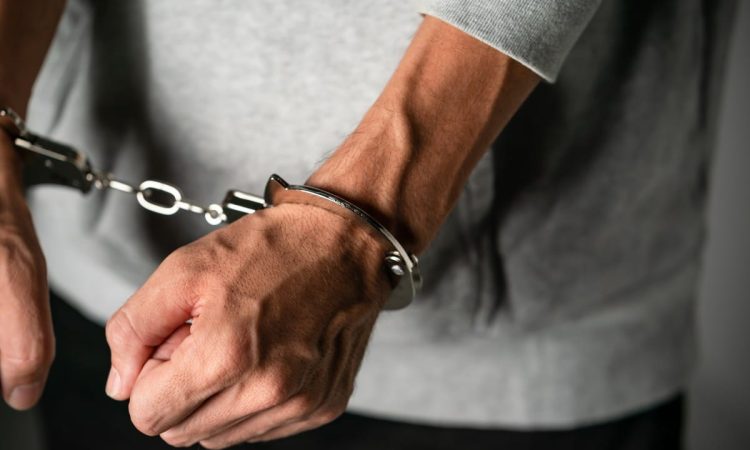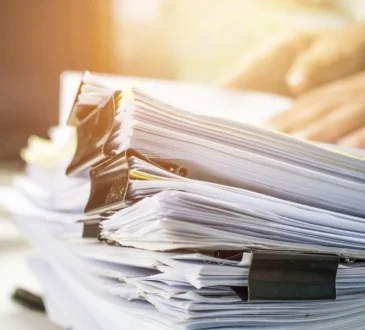
When a criminal case concludes with a conviction, many people assume that all legal options have been exhausted. However, California’s legal system provides several pathways for individuals to challenge their convictions or sentences even after the trial has ended. This process, known as post-conviction relief, offers hope to those who believe errors occurred during their case or that new evidence has emerged that could change the outcome.
What Is Post-Conviction Relief?
Post-conviction relief refers to various legal procedures available to individuals who have been convicted of a crime and wish to challenge their conviction or sentence. Unlike the direct appeal process, which must be filed immediately after conviction, post-conviction relief can often be sought months or even years later. A post-conviction relief lawyer in California specializes in navigating these complex legal processes and identifying grounds for challenging a conviction.
The fundamental principle behind post-conviction relief is that the justice system should have mechanisms to correct wrongful convictions or address serious errors that may have affected the outcome of a case. These procedures serve as a crucial safety net, ensuring that individuals who have been unjustly convicted have avenues to seek justice.
Types of Post-Conviction Relief Available in California
Habeas Corpus Petitions
The most common form of post-conviction relief is the writ of habeas corpus, which translates to “you have the body” in Latin. This legal document allows convicted individuals to challenge the legality of their imprisonment. In California, habeas corpus petitions can be filed in state court or federal court, depending on the specific circumstances of the case.
Habeas corpus petitions typically address issues such as ineffective assistance of counsel, prosecutorial misconduct, newly discovered evidence, or constitutional violations that occurred during the original trial. The petitioner must demonstrate that these issues likely affected the outcome of their case.
Motions to Vacate Judgment
Another avenue for post-conviction relief is filing a motion to vacate judgment. This legal procedure asks the court to overturn or “vacate” the original conviction based on specific legal grounds. Common reasons for these motions include clerical errors, jurisdictional issues, or violations of the defendant’s constitutional rights during the plea bargain process.
Expungement and Record Sealing
For individuals seeking to move forward after serving their sentence, California offers expungement procedures that can help clear or seal criminal records. While expungement doesn’t completely erase a conviction, it can significantly improve employment prospects and other opportunities by limiting public access to criminal history information.
Common Grounds for Post-Conviction Relief
Ineffective Assistance of Counsel
One of the most frequently cited grounds for post-conviction relief is ineffective assistance of counsel. The Sixth Amendment to the U.S. Constitution guarantees the right to adequate legal representation. When defense attorneys fail to provide competent representation—such as failing to investigate crucial evidence, missing important deadlines, or providing incorrect legal advice—this can serve as grounds for post-conviction relief.
Newly Discovered Evidence
Advances in forensic science, particularly DNA testing, have revolutionized the criminal justice system’s ability to identify wrongful convictions. When new evidence emerges that could not have been discovered during the original trial and would likely change the outcome, it may provide grounds for post-conviction relief.
Prosecutorial Misconduct
Cases involving prosecutorial misconduct, such as withholding exculpatory evidence (evidence that could prove innocence), presenting false testimony, or engaging in other unethical behavior, may qualify for post-conviction relief. The prosecution has a constitutional duty to ensure fair proceedings, and violations of this duty can invalidate a conviction.
Constitutional Violations
Various constitutional violations during the trial process can serve as grounds for relief, including violations of the right to due process, improper jury selection, or denial of the right to confront witnesses.
The Role of a Post-Conviction Relief Attorney
Working with an experienced post-conviction relief lawyer in California is essential for navigating these complex legal procedures. These attorneys possess specialized knowledge of post-conviction law and understand the intricate requirements for filing successful petitions and motions.
Post-conviction attorneys typically begin by conducting a thorough review of the original case, examining trial transcripts, evidence, and procedural records to identify potential grounds for relief. They must also understand the strict deadlines and procedural requirements that govern post-conviction proceedings, as failure to comply with these rules can result in dismissal of the petition.
Challenges and Limitations
Post-conviction relief faces several significant challenges. Courts generally apply a high standard when reviewing these cases, requiring petitioners to demonstrate not only that errors occurred but that these errors likely affected the outcome of the trial. Additionally, many forms of post-conviction relief have strict time limitations, making prompt action essential.
The process can also be lengthy and resource-intensive, often requiring extensive investigation and expert testimony. Success rates vary depending on the specific circumstances of each case and the strength of the evidence presented.
Key Insights
Post-conviction relief represents a vital component of California’s criminal justice system, providing essential safeguards against wrongful convictions and serious legal errors. While these procedures face significant challenges and limitations, they offer hope to individuals who believe their convictions resulted from legal errors or newly discovered evidence.
Understanding the various types of post-conviction relief available—from habeas corpus petitions to expungement procedures—can help individuals make informed decisions about their legal options. The complexity of these proceedings underscores the importance of working with qualified legal counsel who specializes in post-conviction law.
For those considering post-conviction relief, prompt action is often crucial due to strict filing deadlines. While success is never guaranteed, these legal mechanisms serve as important tools for ensuring that the justice system can correct its mistakes and protect the rights of all individuals within the criminal justice process.




